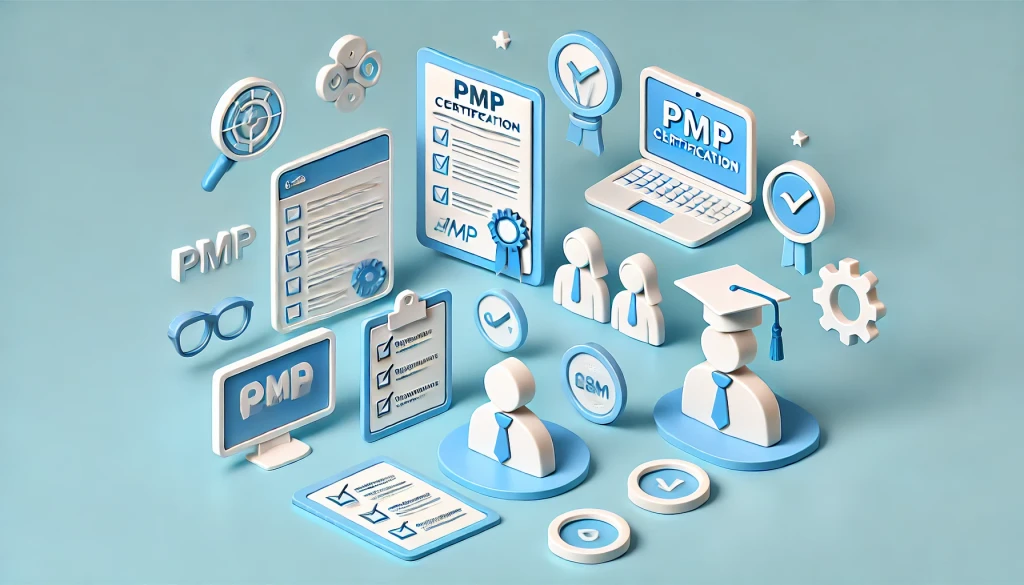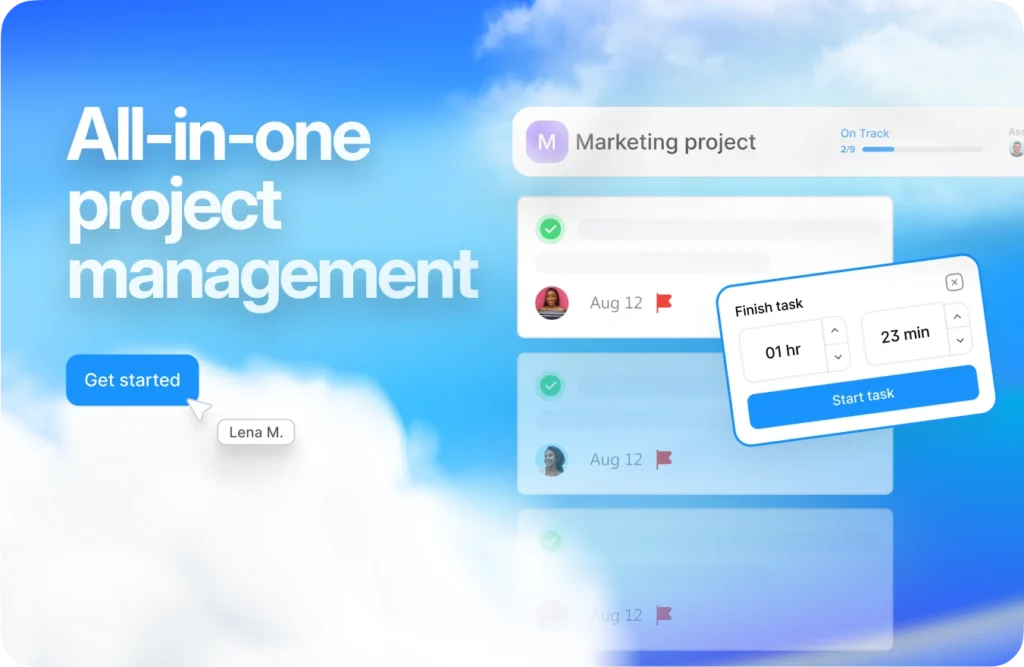How to Get a PMP Certification?

PMP (Project Management Professional) certification is a globally recognized credential awarded by the Project Management Institute (PMI). It validates an individual’s expertise and experience in project management, demonstrating their ability to lead and manage projects efficiently. Obtaining a PMP certification can significantly enhance a project manager’s career prospects, as it is widely respected across various industries.
Project managers who hold a PMP certification are considered to have a solid understanding of project management principles and practices. This certification is an assurance to employers and clients that the certified individual possesses the knowledge and skills necessary to manage projects effectively, ensuring successful project outcomes. Additionally, PMP certification provides opportunities for professional growth and networking within the project management community.

Why is it Important to Obtain PMP Certification?
Earning a PMP certification is important for several reasons. First, it provides a competitive edge in the job market, as many employers prefer or require certified project managers. Additionally, PMP-certified professionals often command higher salaries compared to their non-certified peers. The certification also equips project managers with advanced skills and knowledge, enabling them to handle complex projects more effectively and contribute to their organization’s success.
What’s on the PMP Exam?
The PMP exam is designed to test a candidate’s knowledge and skills in project management. The exam consists of 180 questions and must be completed within 230 minutes (approximately 3 hours and 50 minutes). There are two 10-minute breaks during the exam. The questions are a mix of multiple-choice, multiple responses, matching, hotspot, and limited fill-in-the-blank types.
Exam Domains
- People (42%): This domain focuses on leading and building teams, managing conflict, supporting virtual teams, and mentoring.
- Process (50%): This domain tests knowledge of project methodologies, managing budgets, scheduling, handling project changes, and selecting appropriate project management methodologies.
- Business (8%): This domain covers the business aspects of project management, such as compliance, delivering value, and supporting organizational change.
Approximately half of the exam content is based on predictive project management approaches, while the other half covers Agile or hybrid approaches.
Who is Eligible for the PMP Exam?
To be eligible for the PMP exam, candidates must meet specific education and experience requirements. These requirements vary depending on the candidate’s educational background.
What are the PMP Certification Requirements?
- Education and Training: 35 hours of project management training, which can be substituted with a Certified Associate in Project Management (CAPM)® certification.
- Project Management Experience: 36 months of experience leading projects if the candidate has a four-year degree. 60 months of experience leading projects if the candidate has a high school diploma or associate degree.
How Much Does PMP Certification Cost?
As of 2024, the exam fee for the PMP certification is $575 for non-PMI members and $324 for PMI members. Becoming a PMI member costs $129 annually, with a one-time $10 application fee, making the exam slightly more affordable for members.
How to Apply for Your PMP Certification
Applying for the PMP certification involves several steps to ensure eligibility and proper preparation. First, candidates must meet the eligibility requirements, which include the necessary project management experience and education. Next, they should create an account on the PMI website and complete the online application form, providing detailed information about their project management experience.
Once the application is submitted, PMI will review it to ensure it meets the eligibility criteria. After approval, candidates must pay the exam fee and schedule their exam at a convenient date and time. Preparing for the exam is crucial, with many candidates spending between 60 to 120 hours studying. Finally, candidates take the exam, and upon passing, they must maintain their certification by completing 60 hours of professional development activities every three years or retaking the exam.
The PMP certification is a valuable credential for project management professionals, offering numerous benefits such as enhanced career prospects, higher earning potential, and advanced skills in project management. To obtain this certification, candidates must meet specific educational and experience requirements and pass a comprehensive exam covering various aspects of project management. By achieving PMP certification, professionals can demonstrate their commitment to excellence and their ability to lead successful projects in diverse industries.
Furthermore, maintaining the certification through continuous professional development ensures that PMP-certified project managers stay updated with the latest trends and practices in the field. This ongoing commitment to learning and growth not only benefits their careers but also contributes to the overall improvement of project management standards and practices globally.

